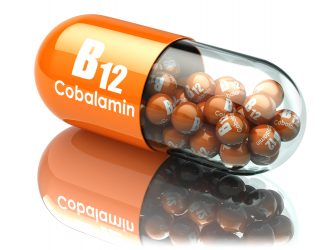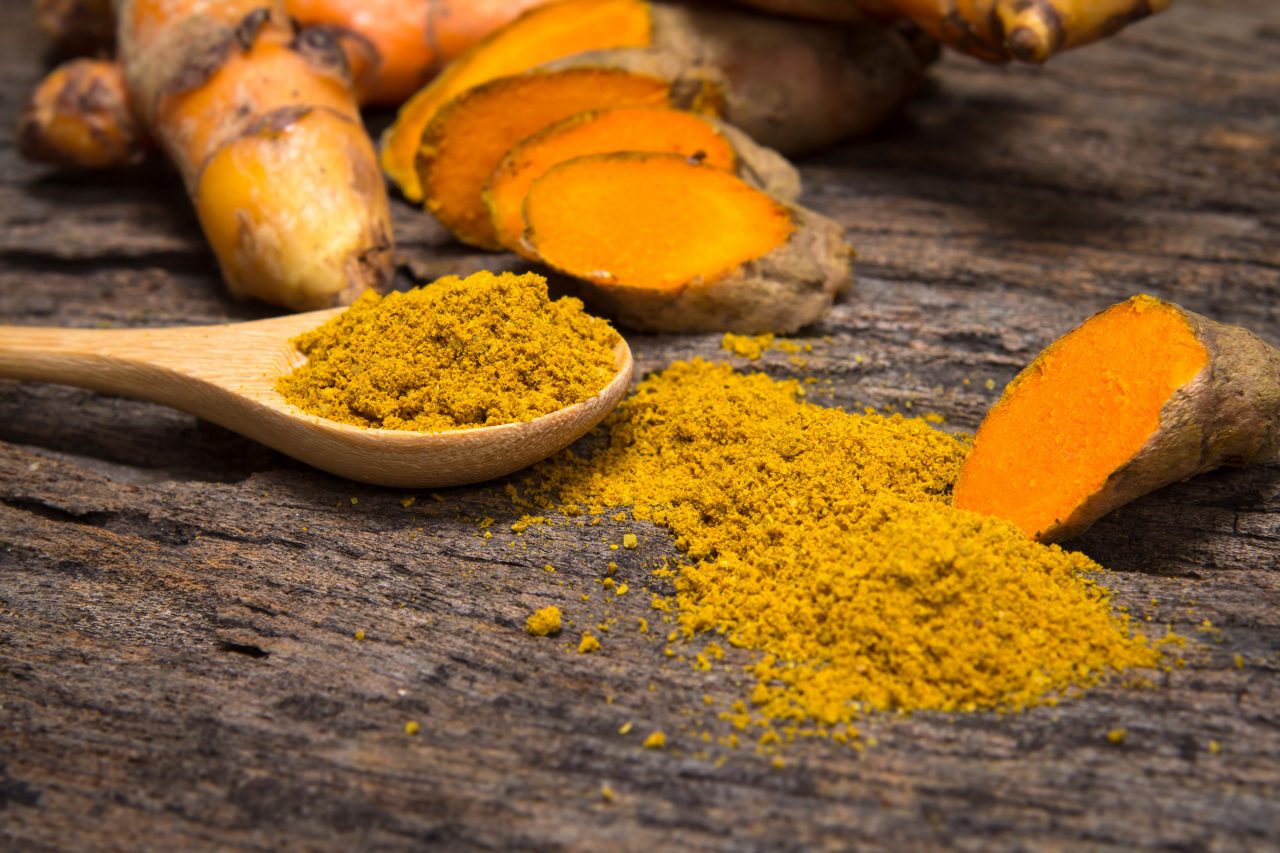What’s the Deal with Vitamin B12?

I received an email from a reader who is wondering if she should take vitamin B12. It is a good inquiry, because many people in the U.S. don’t get enough naturally in their diet. The question comes at an interesting time for me personally, because I was recently diagnosed with vitamin B12 deficiency. I am not critically low, but low enough to need a supplement. I’m hoping it works miracles, and I start feeling like I did in my 20s. I will keep you posted!
What does vitamin B12 do?
This nutrient keeps blood and nerve cells healthy, as well as contributing to the make up of DNA. It prevents a type of anemia, called megaloblastic anemia. It is found only in animal products. Beef, liver and clams are the best sources; fish, dairy, eggs and poultry. It is not found in plant products, but many foods are fortified with B12. As we get older, it becomes harder to absorb vitamin B12 — and information, it is definitely harder to absorb information.
What is the normal range for vitamin B12?
A normal range is between about 180 and 920. Anything between 180 and 400 is conditionally low and ideally, levels are above 450. Adults need about 2.4 mcg/day for optimal health. Kids need less. Pregnant women need more.
What are the symptoms of vitamin B12 deficiency?
- weakness
- fatigue
- heart palpitations and shortness of breath
- GI complaints like constipation, diarrhea, loss of appetite and gas
- numbness, tingling, muscle weakness and problems with gait
- vision loss
- depression, memory loss and/or behavioral changes
SO … yes, yes and yes!! Maybe I will get my miracle! Truthfully, most of this is probably just old age because my deficiency isn’t too bad, but I’m all about hope … and blame.
What is the best way to replete?
If you are severely deficient, your doctor may prescribe injections or a nasal spray. If you have no malabsorption problems, you can increase your B12 intake with meat, dairy and fortified foods. If you aren’t averse to supplements, most multivitamins have sufficient vitamin B12 or you can buy straight up vitamin B12.
Can you overdose on B12?
Luckily, because I have been basically inhaling the stuff, the answer is no from every source I can find. There are interactions with medicines and side effects from many supplements, so if you are taking any vitamin, make sure to tell your doctor.
So, should you take vitamin B12? The simple answer is yes if your levels are below optimal. No, if your levels are normal. If you want to take some for added insurance, it shouldn’t hurt, but taking a lot of pills is hard. If you are going to take one supplement every day and your B12 levels are normal, make it fish oil.
Could Probiotics Help What’s Ailing You?
Is Seasonal Affective Disorder Real?
Can Overloading on Vitamins Make You Sick?
Can Turmeric Help your Inflammation?

5 Foods to Help Balance the Aging Process
You Want a Food That Packs a Punch of Nutrition? EAT KALE!

























